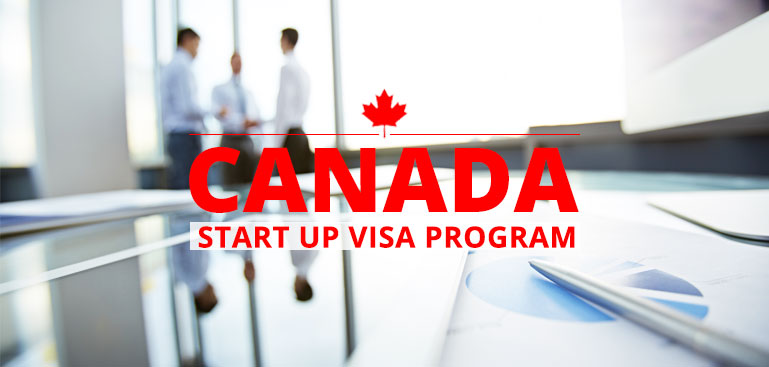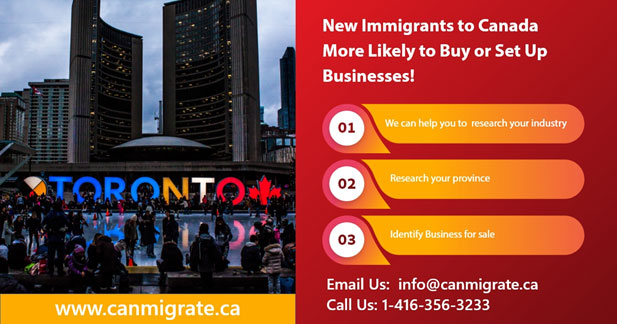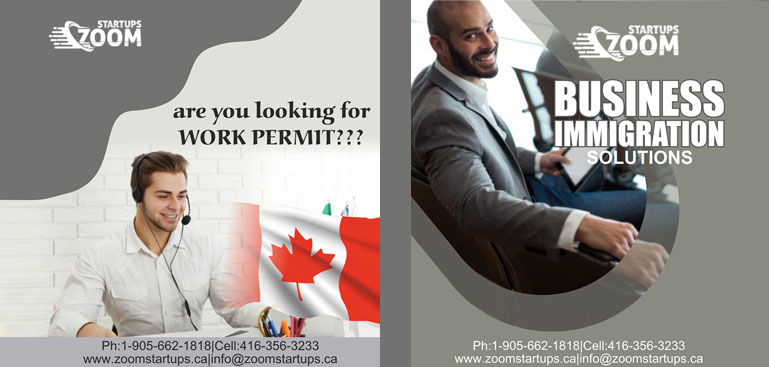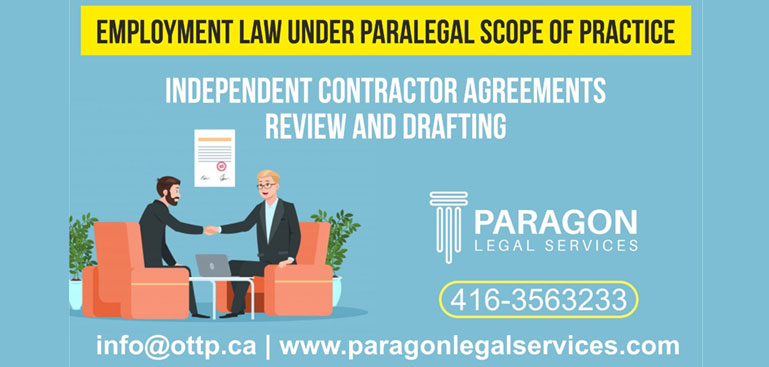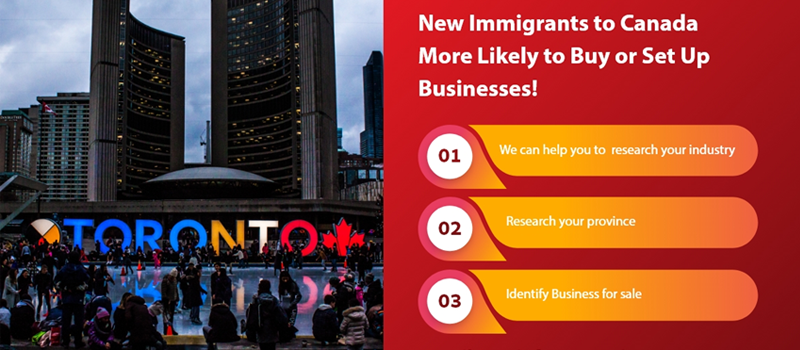
SOLE PROPRIETORSHIP
A sole proprietorship is the
simplest form of business registration that is owned by an individual and is
considered to be self-employed.
Published by Zoom Startups
on 10th November, 2021.
A sole proprietor secures capital, establishes and
operates a business, assumes all risks, accepts all profits and losses; and
pays all relevant taxes. Any legal obligations arising out of this type of
business activity are the proprietor’s responsibility. All assets, business or
personal, can be legally used to discharge the liability. The risks extend even
to your personal property and assets. Contact our expert consultant for advice today!
As a sole proprietor you pay personal income tax on
the net income generated by your business. You may choose to register a
business name or operate
under your own name or both. If you operate as an individual,
you invoice your customers or clients in your own name; if you operate under a registered business
name then your clients and customers will be invoiced
under the business's name. If your business has a name other than your own, a
separate bank account is needed to process cheques payable to your business.
Once a sole proprietorship has been established, the
business and its owner are considered the same from a tax and legal standpoint.
Owners of sole proprietorships may use
professionals to help with the legal and financial
aspects of running the company. The business owner or sole proprietor is required
to:
Ø
Register a trade name
Ø
Obtain a tax number
Ø
Open a bank account
There are many types of roles that can be a sole
proprietorship. Farmers, fishermen, consultants, shoemakers and more can be a
sole proprietorship. You may need a license depending on what field you're in. Consult our qualified business
professional at Zoom Start Ups if you are
unsure
whether your business requires a special permit.
Sole proprietors should fill out a T1 form and benefit
return to report revenue and claim business expenses; calculate net income or
loss as part of the owner's income. Other circumstances may apply to individual
situations which may require a T1 return if the sole proprietor:
Ø
has to pay taxes for the year
Ø
disposed of capital property or had
a taxable capital gain
Ø
has to make Canada Pension
Plan/Quebec Pension Plan payments on self-employed or pensionable earnings
Ø
wants access to employment
insurance for the self-employed
Ø
wishes to claim an income tax refund,
refundable tax credit, or GST/HST credit
Ø
needs to claim the Canada child tax
benefit
If you choose to start or buy a business, choose the
right structure for your business; inquire about the advantages of incorporating your
business. Prepare a professional business plan that gives you
an excellent road map for your company and increases your chances of success
with financing. We at Zoom
Start Ups we can help make your dream of owning or starting your business a
reality!
-
Tags:Self-employed



